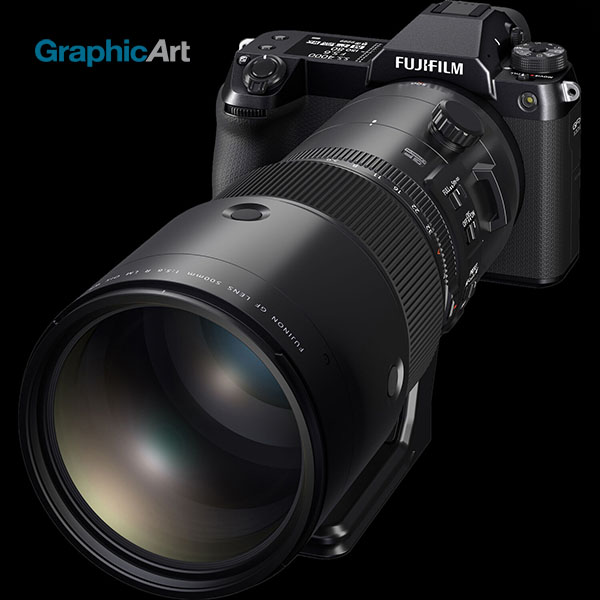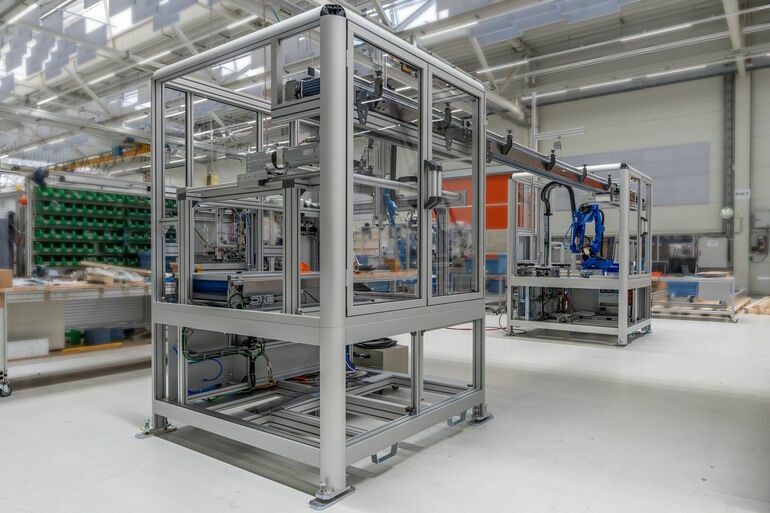Based on standard manufacturing cells, Minitec offers a new concept for building custom plants. Modular cells are individually adaptable.
Minitec’s modular production cells are self-contained boxes that always have the same dimensions and the same basic structure, but are equipped with different functions and technologies for the tasks in question. Project Manager Peter Müller: “The idea was a cell in which we could accommodate different technologies at the top of the processing area, while the basic unit with electronic control is located below the table top. This means that we can flexibly equip these cells with different tasks on the same basis, because More and more flexibility is needed in building special machines.
From single cell to automation line
Minitec cells can work separately and in a continuous line, says Peter Müller: “You can use one cell for any assembly activity, but you can also place two or three cells next to each other and connect them to a conveyor belt.” In this way, many sub-processes can be assembled In a comprehensive process a very flexible automated solution can thus be created.” So that manual stations can also be integrated into such a line, the working surface is at the usual 90 centimeters high.
Cells are plug and play
The dimensions also ensure flexibility. The cells have a square base measuring 1.60m x 1.60m and 2.40m high so they are portable. It can be transported with a forklift and fits on any standard truck. This means that it is no longer necessary to disassemble it after assembly in Minitec. When it reaches its final destination, it simply needs to be set up, turned on and started working right away. “This not only saves money, but above all a lot of time,” says Peter Müller. “But even if the company moves production in-house, the concept is very practical.”
Useful for a variety of tasks
The range of uses for the new cells ranges from assembly activities to testing tasks and processing activities. Thanks to the possibility of interconnection and independent control loops within individual cells, fully automated assembly and production lines can also be envisioned. For example, a project is currently underway to assemble smaller locking systems, reveals Peter Müller: Each assembly step has its own cell, and the components are passed through the cells to the test cell at the end using a camera and functional testing.
Standardization in the construction of private factories
“We have always built such systems individually until now,” says Peter Müller. “Our goal is to use the standardized cell for a wide range of projects in the future so that we can be more flexible and cost-effective. Because a large part of the construction already exists and does not need to be developed first. Over time, we will also gain experience from producing cells and then integrate them into projects Futurism. Just like a serial product!”
At Motek 2023, Minitec presented an exemplary system with this modular approach. This consists of two production cells connected to each other via a conveyor line: one cell with a Yaskawa robot (Minitec’s preferred robot brand) for handling during hybrid welding and one cell with a classic three-axis linear system for handling tasks. The system thus demonstrates that the new Minitec cells can work with both a robot and a linear gate. Both systems have advantages and disadvantages, and hence their specific application areas.
Minitec GmbH & Co. K.G

“Subtly charming coffee scholar. General zombie junkie. Introvert. Alcohol nerd. Travel lover. Twitter specialist. Freelance student.”






More Stories
GraphicArt Profi Day on “Fujifilm GFX System” including new products
Assassin's Creed Shadows: This changes the classic theme of the series
GPT-4o: Open AI introduces a new Omni language model